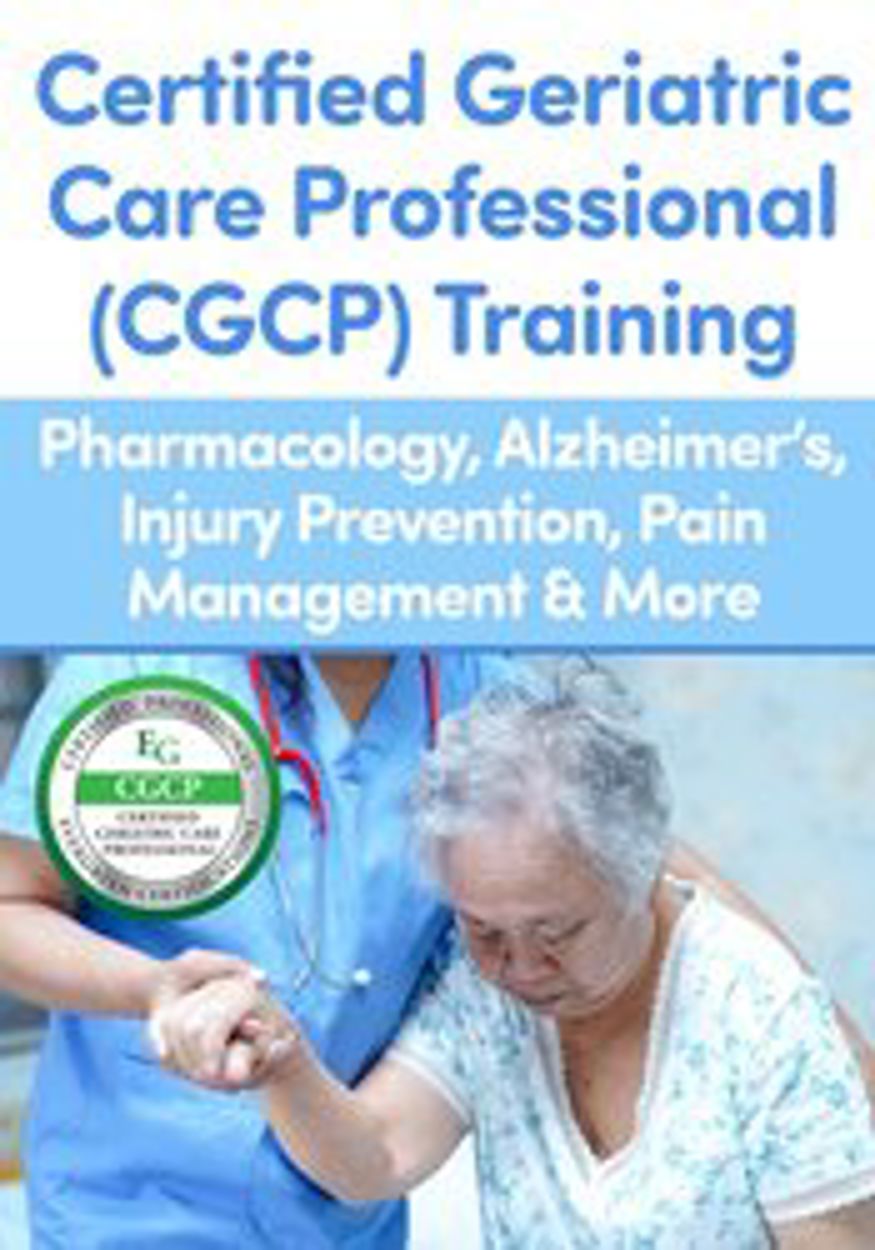10 Ways to Help Caregivers Cope with Dementia-Related Behavior Changes

When you treat dementia patients, working closely with your patients primary care givers is essential. Caring for someone with dementia can be frustrating, time consuming, and exhausting.
In fact, one in four caregivers spends over 70 hours per week caring for their loved one.
So, it’s no surprise that many caregivers experience social withdrawal, exhaustion, and even health problems of their own. Which means if your current approach to dementia care doesn't include educating and supporting your patients’ caregivers, you're missing a valuable piece of treatment. In this quick video, geriatric care expert Steven Atkinson, PA-C, MS, shares his top 10 strategies for empowering caregivers to face dementia-related behavior challenges.
In fact, one in four caregivers spends over 70 hours per week caring for their loved one.
So, it’s no surprise that many caregivers experience social withdrawal, exhaustion, and even health problems of their own. Which means if your current approach to dementia care doesn't include educating and supporting your patients’ caregivers, you're missing a valuable piece of treatment. In this quick video, geriatric care expert Steven Atkinson, PA-C, MS, shares his top 10 strategies for empowering caregivers to face dementia-related behavior challenges.
10 Ways to Cope with Behavior Changes
- Remain flexible, patient, and calm.
- Explore pain as a trigger.
- Respond to the emotion, not the behavior.
- Don’t argue or try to convince.
- Use memory aids.
- Acknowledge requests and respond to them.
- Look for the reasons behind each behavior.
- Consult a geriatrician to identify causes related to medications or illness.
- Don’t take the behavior personally.
- Share your experiences with others.
Become a Certified Geriatric Care Professional (CGCP)!

Earn up to 34.25 CE hours, including up to 6.3 ANCC-approved pharmacology hours and up to 1.0 hour of ethics. This multi-disciplinary team of experts covers everything from geriatric pharmacology (including which medications MUST be avoided) and injury prevention to navigating the difficult decisions that come when caring for a patient at the end of life. Best of all, you’ll become a Certified Geriatric Care Professional (CGCP) at no additional cost to you (a $249.99 value – YOURS FREE)!





